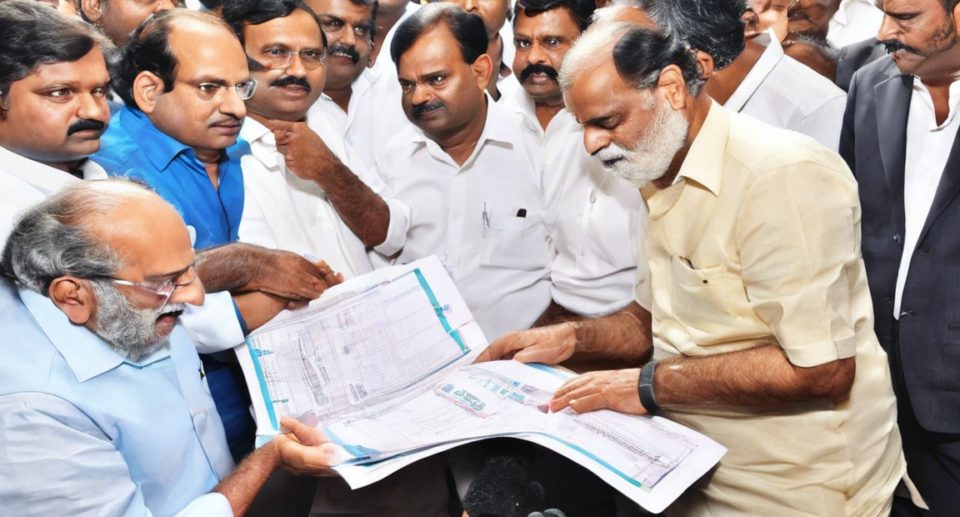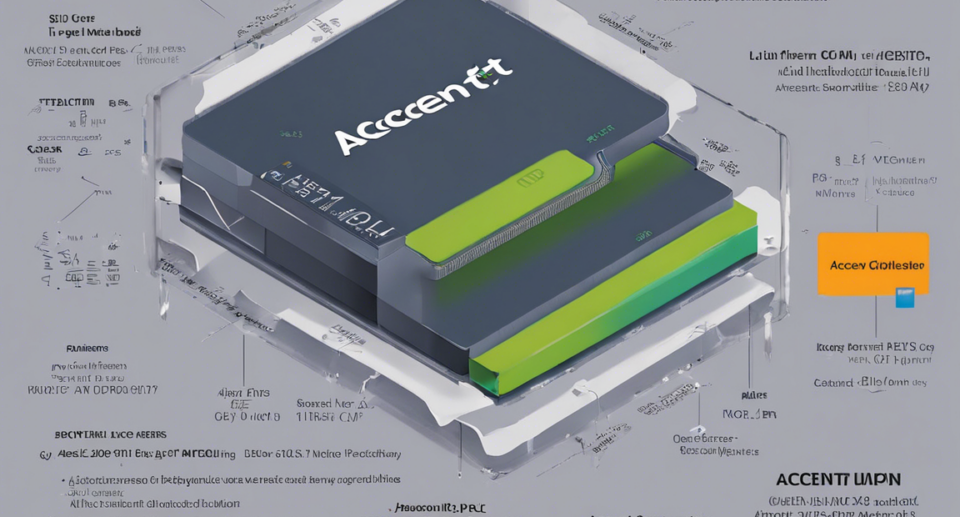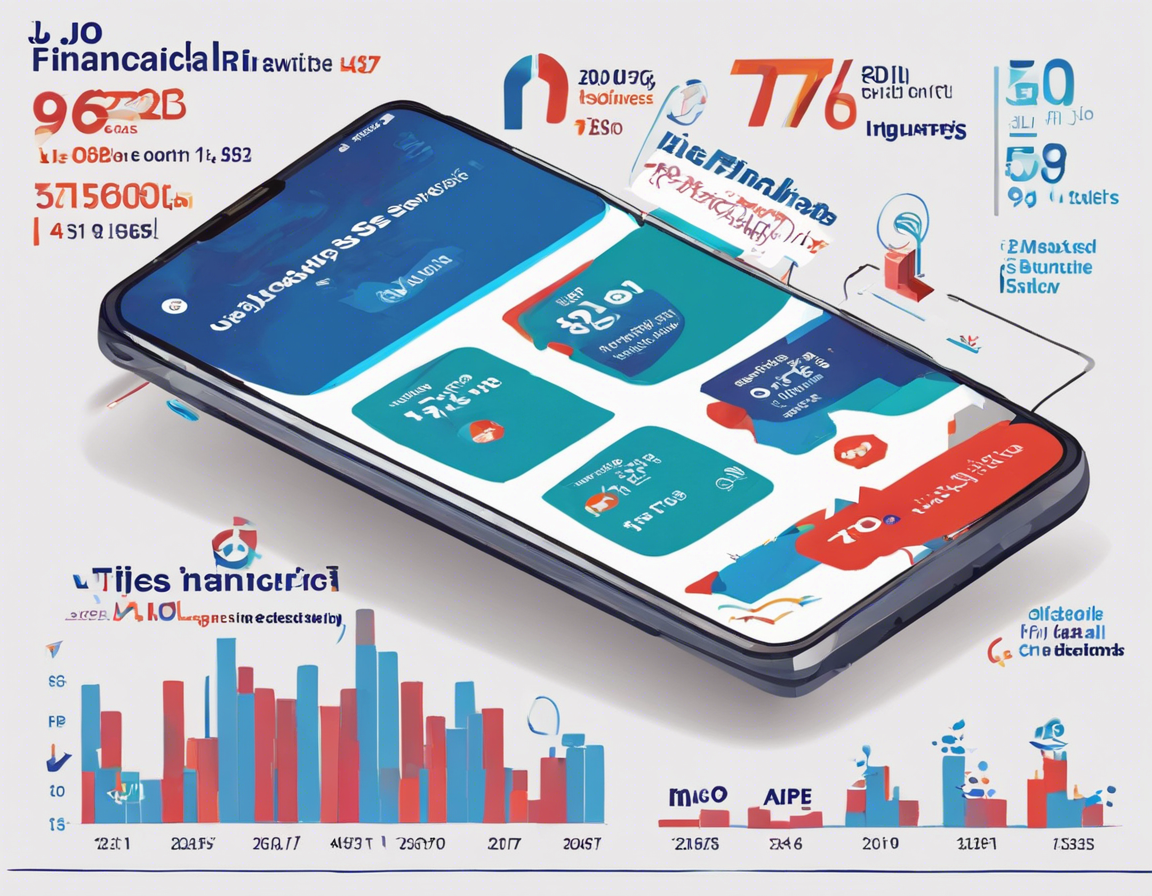The Impact of the TSRTC Merger Bill

Introduction
The Telangana State Road Transport Corporation (TSRTC) Merger Bill, also known as the Telangana State Road Transport Corporation (Amendment) Bill, 2021, has sparked intense debates and discussions in the state of Telangana. The bill, introduced by the state government, aims to merge the TSRTC with the government, thereby bringing about significant changes in the functioning and structure of the state-run transport corporation. This move has wide-reaching implications for both the TSRTC employees and the general public who rely on the corporation for their transportation needs.
History of TSRTC
Before delving into the impact of the TSRTC merger bill, it is essential to understand the history and significance of the Telangana State Road Transport Corporation. Established in 2015 after the bifurcation of Andhra Pradesh, TSRTC has been a vital mode of transportation for the people of Telangana. It operates buses across the state, connecting various towns, cities, and villages, thereby playing a crucial role in the state’s public transportation system.
Proposed Changes under the Merger Bill
The TSRTC Merger Bill proposes several significant changes that could reshape the way the corporation functions. One of the key aspects of the bill is the integration of TSRTC with the government, which would mean that the corporation would no longer operate as an independent entity. Instead, it would come under the direct control and supervision of the state government, leading to changes in its administrative structure and decision-making processes.
Impact on TSRTC Employees
One of the primary concerns surrounding the TSRTC merger bill is its potential impact on the corporation’s employees. With the integration of TSRTC into the government, employees may face changes in their employment terms, benefits, and working conditions. There are fears of job cuts, reduced benefits, and overall uncertainty among the workforce.
Impact on Service Quality
The merger of TSRTC with the government could also have implications for the quality of services provided by the corporation. Some argue that increased government control could lead to bureaucratic inefficiencies, delays in decision-making, and a lack of innovation in service delivery. On the other hand, proponents of the bill believe that government oversight will improve accountability and transparency within the corporation, ultimately benefiting the passengers.
Financial Implications
Another crucial aspect of the TSRTC merger bill is its financial implications. The integration of TSRTC with the government could result in changes to the corporation’s funding structure, budget allocations, and overall financial management. It remains to be seen how these changes will affect TSRTC’s financial health and sustainability in the long run.
Public Reaction
The TSRTC merger bill has sparked mixed reactions among the general public. While some see it as a positive step towards improving the efficiency and accountability of the corporation, others are concerned about the potential negative repercussions, such as higher fares, reduced services, and job losses. Public opinion plays a crucial role in shaping the future of TSRTC and the implementation of the merger bill.
Conclusion
In conclusion, the TSRTC merger bill has the potential to bring about significant changes in the way the corporation operates and serves the people of Telangana. While the bill aims to enhance efficiency, accountability, and transparency within TSRTC, its impact on employees, service quality, and financial sustainability remains a point of contention. As the debate continues, it is essential for all stakeholders to engage in constructive dialogue and collaboration to ensure that the interests of both TSRTC employees and the public are safeguarded.
Frequently Asked Questions (FAQs)
1. What is the TSRTC Merger Bill?
The TSRTC Merger Bill, also known as the Telangana State Road Transport Corporation (Amendment) Bill, 2021, proposes the integration of TSRTC with the government, bringing about changes in the corporation’s administrative structure and decision-making processes.
2. How will the TSRTC merger impact employees?
The merger could lead to changes in employment terms, benefits, and working conditions for TSRTC employees, potentially resulting in job cuts and increased uncertainty.
3. What are the financial implications of the TSRTC merger bill?
The integration of TSRTC with the government could result in changes to the corporation’s funding structure, budget allocations, and overall financial management, affecting its financial health and sustainability.
4. How will the TSRTC merger affect service quality?
The merger could have implications for the quality of services provided by TSRTC, with some fearing bureaucratic inefficiencies and delays, while others believe it could improve accountability and transparency.
5. What has been the public reaction to the TSRTC merger bill?
The bill has elicited mixed reactions from the public, with some supporting it as a step towards efficiency and accountability, while others express concerns about higher fares, reduced services, and job losses.





